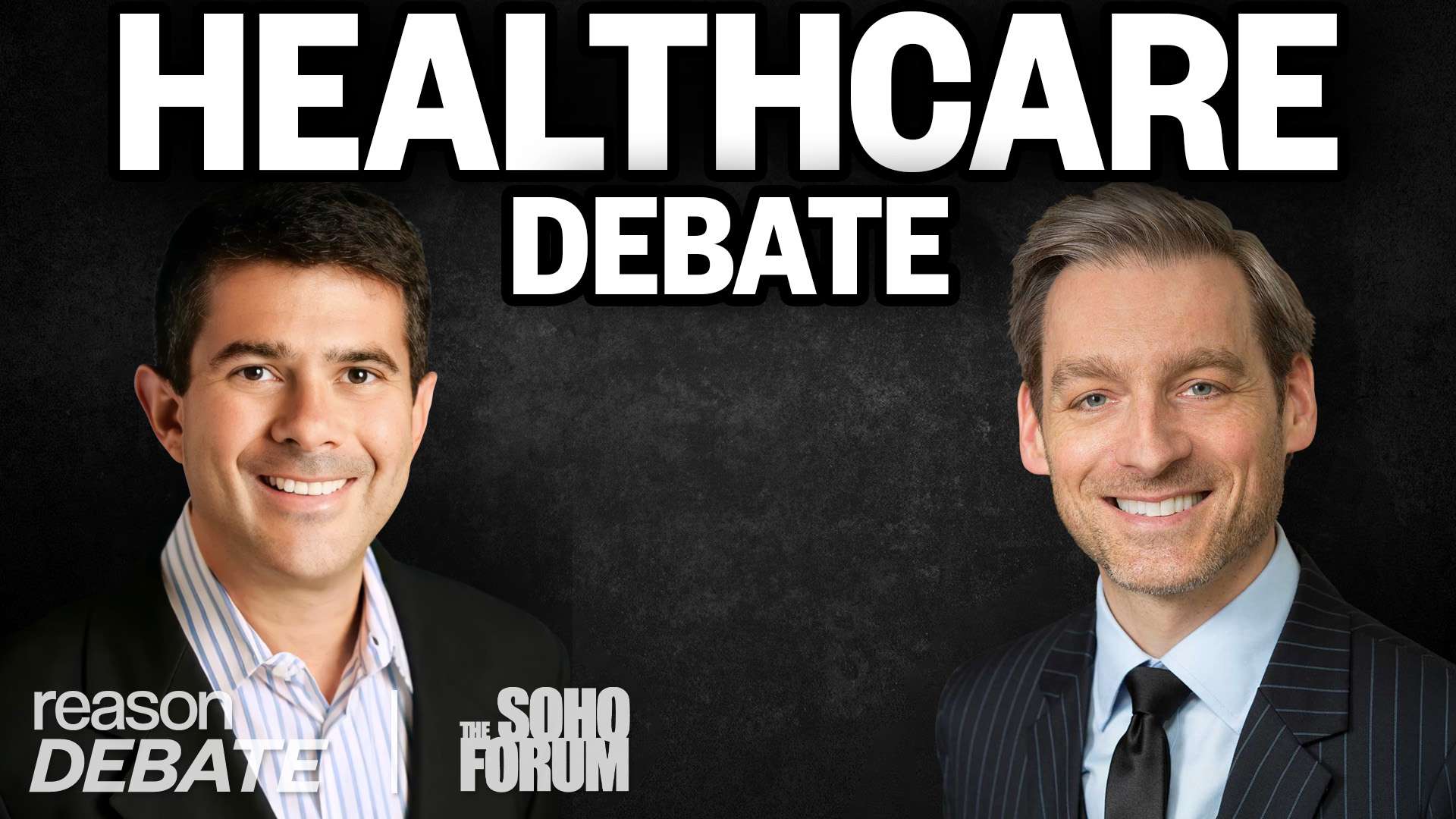The Great Health Insurance Debate: Public Option vs. Private Plans
In a landscape marked by rising healthcare costs and complex insurance options, the debate surrounding the introduction of a government-offered health insurance plan has gained significant traction. Recently, two prominent figures, Jacob Hacker and David Goldhill, engaged in a spirited discussion on the resolution: "The government should offer to all Americans a health insurance plan that would compete with private insurance plans."
Who are the Debaters?
Jacob Hacker emerges as a staunch advocate for the affirmative. A professor of political science at Yale University, Hacker possesses a wealth of knowledge on social policy and public sector leadership. His work focuses on health care reform, making him an authoritative voice on the potential benefits of a public insurance option. Hacker argues that a government plan could ensure universal coverage, lower costs, and enhance competition, ultimately benefiting consumers.
On the opposing side stands David Goldhill, a sharp critic of public options. As the CEO of Sesame, an innovative online marketplace for discounted health services, Goldhill is deeply involved in the health sector. He has also authored "Catastrophic Care: Why Everything We Think We Know About Health Care Is Wrong," where he critiques the conventional wisdom surrounding healthcare structures. His position against a government health plan is rooted in concerns over efficiency, quality, and innovation that private companies can provide.
The Case for a Public Option
Hacker makes a compelling argument for introducing a government health insurance plan. He emphasizes that a public option could provide a safety net for millions of Americans who remain uninsured or underinsured. With approximately 30 million people still lacking adequate health coverage in the U.S., a competitive government plan could help narrow this gap.
Hacker also speaks to the broader economic implications of such a move. By giving consumers a choice between government and private plans, he argues that insurance companies would be incentivized to lower their prices and improve their services. In essence, a public option could introduce a much-needed level of competition that is currently lacking in the market.
Additionally, Hacker highlights the administrative inefficiencies that plague private insurers. With a public plan, he argues, resources could be redirected from profit generation to patient care. This, in turn, might lead to improved health outcomes across the board, reducing overall healthcare costs in the long run.
The Arguments Against a Public Option
Goldhill’s counterarguments are rooted in his extensive experience in health services. He presents a critical view of government involvement in healthcare, cautioning against the inefficiencies and bureaucracies often associated with public programs. Goldhill argues that government-run options can lead to lengthy wait times, limited choices, and an overall decline in the quality of care.
He advocates for market-driven solutions, suggesting that reforms should focus on enhancing competition among private insurers rather than introducing a government option. According to Goldhill, when healthcare is commoditized, patients gain leverage to negotiate better prices and quality. He posits that the private sector is better equipped to foster innovation, suggesting that firms in a competitive market are more likely to develop new technologies and more efficient care models than a government entity.
The Role of the Moderator
Moderating this critical debate is Gene Epstein, director of the Soho Forum. Epstein’s role is vital as he helps ensure that both sides connect with the audience, articulating their positions in a manner that invites discussion rather than acrimony. His experience in facilitating debates affords him the ability to draw out nuanced perspectives from each participant, allowing listeners to grasp the complexities of healthcare reform.
Epstein poses challenging questions that encourage both Hacker and Goldhill to delve deeper into their arguments. By directing the conversation toward real-world implications, he underscores the urgency of making informed choices about health insurance models.
The Stakes of the Debate
The stakes in this debate extend beyond mere theory. With healthcare spending constituting a significant portion of the U.S. economy, decisions made today will shape the future landscape of American health coverage. The discussion raises essential questions: Can a public health insurance plan reduce costs and expand coverage without sacrificing quality? Or does such an option threaten to undermine the innovations that drive healthcare forward?
As Hacker and Goldhill exchange their viewpoints, the outcome of their debate will resonate with policymakers, healthcare professionals, and the general public, all grappling with the implications of these critical choices about their health futures.


